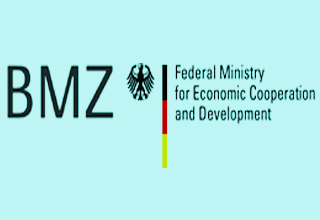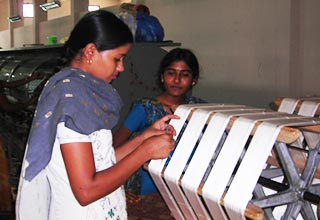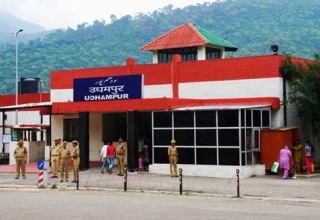German agency, MSME Ministry developing support steps for small units
Updated: Jun 17, 2014 04:13:38pm

Commissioned by German Federal Ministry for Economic Cooperation and Development (BMZ), the measures are being developed and delivered under the Umbrella programme for the promotion of micro, small and medium enterprises.
“At the policy level, GIZ is introducing internationally tested business promotion practices and project management techniques to help the ministry improve its policy processes. One aspect of the programme draws on German experiences in capacity development for small business associations. It is building networks of service providers specialised in meeting the needs of small businesses, thereby strengthening businesses' entrepreneurial and innovative capacities,” GIZ said.
On the rationale for the programme, it said, “Micro, small and medium enterprises (MSMEs) are the driving force of the Indian economy. Nevertheless, the political and regulatory framework and the current business environment do not encourage entrepreneurial initiative, innovation or competition, and there is still a lack of appropriate business services. Despite their significance to the economy, MSMEs are often ignored in discussions of sustainability that address environmental and social aspects of business behaviour.”
The challenge is to increase the competitiveness of MSMEs by improving the business and service environment, while at the same time encouraging them to uphold responsible business practices, it added.
With the business and investment climate in India having improved, along with the access to financial and non-financial market-oriented services, growth and responsible business behaviour of MSMEs is likely to be enhanced.
Towards this, GIZ has partnered with SIDBI and Ministry of MSME to develop and improve a range of financial and non-financial support measures for MSMEs.
Together with SIDBI and other financial institutions, the programme is developing innovative financial products that are relevant to and accessible by small businesses. This is primarily intended to help the 'missing middle' – small businesses whose credit needs are too low for banks and too high for microfinance institutions. Further, the programme is training bank personnel to be more open to the needs of these businesses, and is also building up the organisational capacity of microfinance agencies so that they can handle larger loans.
GIZ has also been assisting the Indian banking sector with the development of financial products that promote cleaner, greener production processes, broadening the capacity of the banks to offer 'green finance'.
As far as results are concerned, in its first phase, the programme successfully demonstrated the case for MSME finance and helped improve delivery mechanisms. It piloted measures to protect banks from the risks involved in developing new services and products, which can now be replicated and scaled up in other parts of India.
In addition, it has introduced new financial products to help enterprises in the unorganised sector. One example, developed jointly with SIDBI, addressed informal enterprises producing ready-made garments. Micro enterprises that were formerly denied credit were offered loans of between EUR 400 – 3,000 with which they managed to increase their turnover. The successful pilot is now being expanded for use by as many as 15 microfinance institutions.
Further, with assistance from the programme, the State Bank of India (SBI) has created a loan product specifically targeting businesses in the 'missing middle' in the pharmaceuticals industry. This is now being strengthened by additional measures to extend the banks' understanding of businesses in this field.
In Andhra Pradesh, the programme supported the creation of a business membership organisation called the Consortium of Service Providers for Upgrading of Enterprises, which markets its member services in 'clinics' aimed at specific regions and sub-sectors. So far these have included pharmaceuticals, leather, engineering and textiles, and the events have resulted in 110 service contracts. The success of this pilot project can now be replicated elsewhere in India.
One partner, a leading player in the garment sector, has developed an in-house training programme for female workers. It has since shared its training information with others in the industry and offers training as a service. 300 women were trained initially; all of whom subsequently stayed with the company, and another 3,000 women were trained in 2009/10. (KNN/ES)










